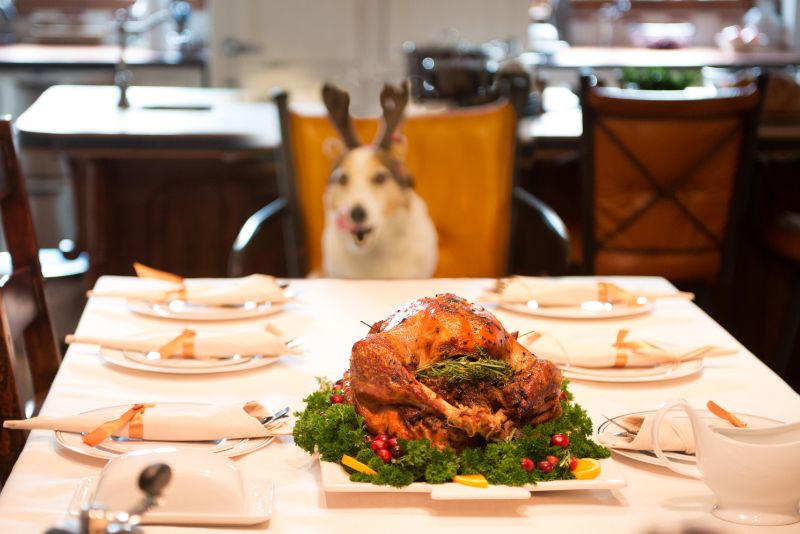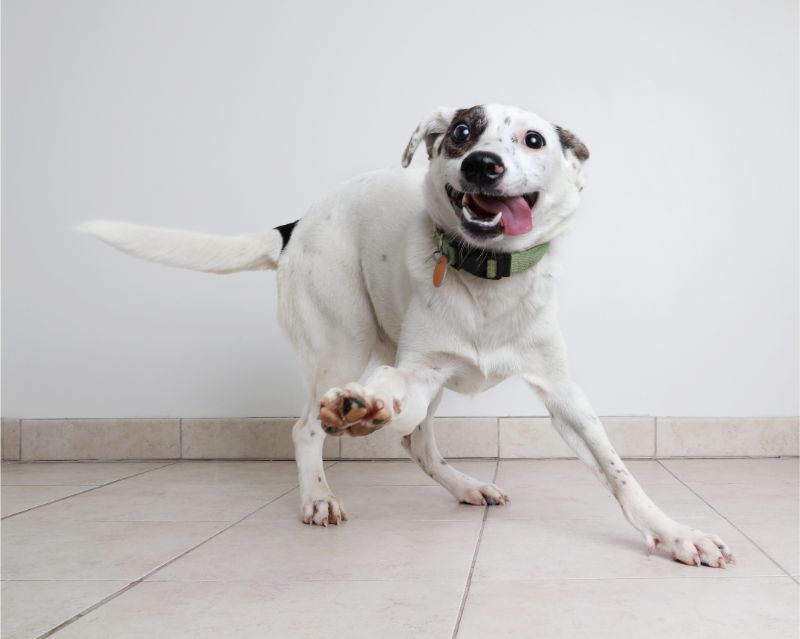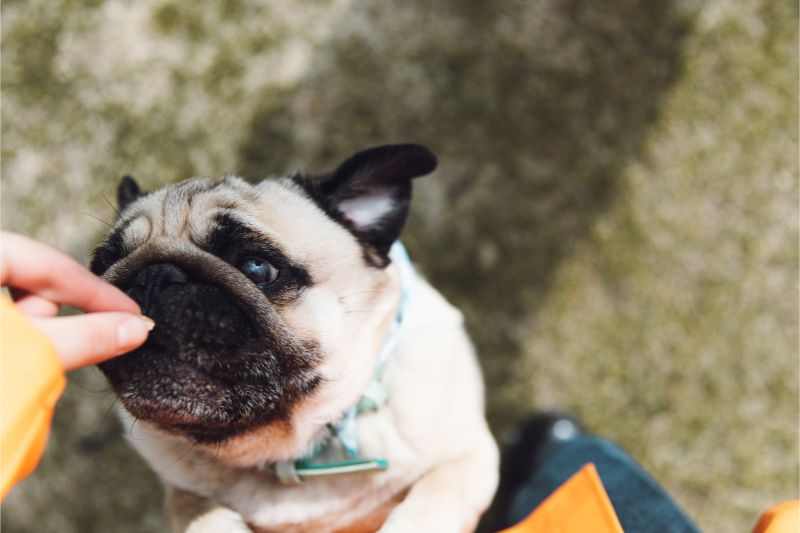Knoxville TN Animal Clinic, Knoxville Veterinarian
March Is Pet Poison Prevention Awareness Month: Are Your Pets Safe?

The world is chock full of things our pets can get into. From human food to houseplants, the list of fascinating things your pet will want to chomp on is endless.
Most things may not be that harmful, but certain substances and items around the home can cause a pet emergency. Since we cannot rid the world of these things that are potentially poisonous, we can create greater awareness.
To observe national Poison Prevention Awareness Month, your team at Volunteer Veterinary Hospital is here with some tips on how to better protect your cherished friend.
Continue…What the Hack! What Causes Hairballs in Cats?

The sound is unmistakable. You are in the kitchen and look over to see your cat crouching and backing up, and then that sound! You know the one. The hacking you hear usually is followed up by saliva, vomit, and much to your dismay, a giant gob of fur. Yuck, right?
Hairballs in cats are a common problem among felines (and their owners who have to clean up the mess). But what causes these yucky balls of fur, and why are some cats more prone to them? The team at Volunteer Veterinary Hospital is here to explain.
What Is a Hairball?
Cats self-groom, which means that they ingest hair and debris on the coat. This fur normally passes through the digestive system without any problems, but over time, some hair gathers in the GI tract.
Winter Indoor Pet Activities: Let The Games Begin!

Winter has definitely made its presence known, and if you’re like us, the “Big BRRR” is keeping us inside more than we would like. Still, sometimes indoor time in the winter can be a nice chance to slow down and reconnect with what’s most important – namely, our pets!
If you’re searching for ways to engage with your pets this season, look no further. Volunteer Veterinary Hospital knows that a little inspiration is always good, so we’re diving into the best winter indoor pet activities.
Holiday Pet Safety Made Simple

The winter months already seem to be in full swing as we prepare for the big holiday season. Shopping for gifts, visiting family and friends, and preparing for those big traditional feasts define this time of year. But do you have your pet’s safety on the to-do list of priorities?
Holidays send many pets to animal emergency hospitals for a variety of reasons. Ingesting a toxic treat or a bite of mistletoe or escaping out of an open gate are some of the many risks to our pets. The team at Volunteer Veterinary Hospital want you and your furry one to have the most amazing season ever, and that includes holiday pet safety.
Continue…Let’s Talk Turkey: Thanksgiving Pet Safety

Thanksgiving is fast approaching, a fact that has most Americans jumping for joy. Between the turkey, stuffing, casseroles, and desserts, there’s something on the Thanksgiving table for everyone. But wait – does that include our pets?
Most of us have a hard time resisting those puppy dog eyes, but there are some things you should know about Thanksgiving. When it comes to Thanksgiving pet safety, we aren’t just talking turkey.
Keep reading to find out about some of the common holiday pet disasters that can land you in the emergency animal clinic this year, as well as ways to keep your pets safe on Thanksgiving and beyond.
Continue…No Chocolate for You! Halloween Pet Safety Tips From the Pros

Halloween marks the beginning of the holiday season, and kids and adults alike look forward to this fun time of year. After all, what could be better than costumes, pumpkins, and of course – candy?
For our pets, this beloved fall holiday can be fraught with danger. Here at Volunteer Veterinary Hospital, we see cases of pet poisonings, missing pets, and other emergency situations every year around this time. Preventing dangerous situations for your pet means being aware of the many ways they can get into trouble, and we are here to help! Check out our Halloween pet safety tips for a healthier, safer, and less scary holiday for your furry loved ones.
Continue…Help! How To Get Your Newly Adopted Pet to Behave

In your experience, are great dogs born, or made? In our experience, the latter is true – especially if your best furry friend has been adopted from a shelter or rescue group. If this is the case, we couldn’t be more supportive. Shelter pets are wonderful, loving animals and in most cases with a little TLC, can become lifelong cherished companions.
But a rehomed pet will likely have at least one behavioral “uniqueness” that may need to be addressed with behavior modification, training, or both.
Come along as Volunteer Veterinary Hospital explores how to get your newly adopted pet started off on the right foot.
Continue…A Spoonful of Sugar? Tricks for Giving Your Pet Medications

When it comes to taking care of your pet, it is definitely a team effort. Of course, you get the best possible care from the staff at Volunteer Veterinary Hospital, but many times treatments extend beyond the walls of our location.
When you are instructed to monitor or treat your pet, it is often imperative to your pet’s well-being that you follow our directions. This can be easier said than done, though, especially for pets who hate taking their pills.
Not to worry! When it comes to giving your pet medications, we have all the tricks.
Continue…The Heat is On: Summer Paw Safety

Four-footed friends need special attention in summer. With warmer weather and longer summer days, chances are good that you’re spending more time with your best dog pal outdoors.
Whether you’re vacationing together, playing frisbee in the yard, or swimming in the lake or river, your dog’s increased exposure to the outdoors requires more vigilance on your part.
The condition of your dog’s feet is key to health and well being. When it comes to those four feet, let Volunteer Veterinary Hospital share some tips and tricks that will ensure a happy and healthy summer for your pet.
Continue…Running With Your Dog

When it comes to enjoying the outdoors, getting in a great workout, and bonding with your furry friend, running with your dog can’t be beat. Besides the many health benefits of regular exercise for pets, running provides an outlet for excess energy, reduces boredom and negative behaviors, and strengthens the bond you share.
In case you haven’t noticed, your pet’s safety is one of our top priorities at Volunteer Veterinary Hospital. We want to share some simple do’s and don’ts when it comes to running with your dog.
But First…
- Come see us. Before beginning any exercise program, schedule a wellness exam with your veterinarian. We’ll make sure your best pal is healthy enough for running and is up-to-date on important vaccines and parasite protection.
- Brush up on obedience. A good grasp of basic obedience commands is essential for your dog’s safety. Dogs who run with their owners should be able to heel, not pull at the leash, and respond to basic commands, such as “come” or “drop it.”
- Get in gear. A sturdy, 4-6 foot leash, a harness with a back clip, and a few plastic baggies for doggie waste are all you need before hitting the trail with your pet. Stay away from retractable leashes, as these can be extremely dangerous and offer little control.
Tips for Running With Your Dog
Consider these tips to ensure running with your dog is a successful experience:
- Start slowly – You wouldn’t go from a couch potato to running 10 miles overnight, so don’t expect your dog to do the same. Work up to longer distances slowly with your pet. Additionally, don’t skip the warm-up period anytime you run with your dog – a few minutes of brisk walking or slow jogging is sufficient to get the blood moving and muscles warmed up.
- Be observant – Always pay close attention to your dog’s body language and watch for signs of overexertion or heat exhaustion, such as excessive panting, drooling, stumbling, or slowing down/stopping. Never force your dog to run if they don’t want to.
- Watch the heat – Dogs aren’t able to regulate body temperature as efficiently as humans, meaning that heat stroke or heat exhaustion can come on quickly. Running during the early morning or evening hours is best during warmer months.
- Paw protection – A dog’s paw pads are tough, but they’re no match for hot pavement or asphalt, rocks, sticks, or glass. Whenever possible, choose a softer running surface, such as a trail or grass, and be on the lookout for any debris that could injure your dog’s paws.
We applaud you for giving your dog the joy and health benefits of running! Please let us know if you need more information or would like to schedule an appointment for your pup.

